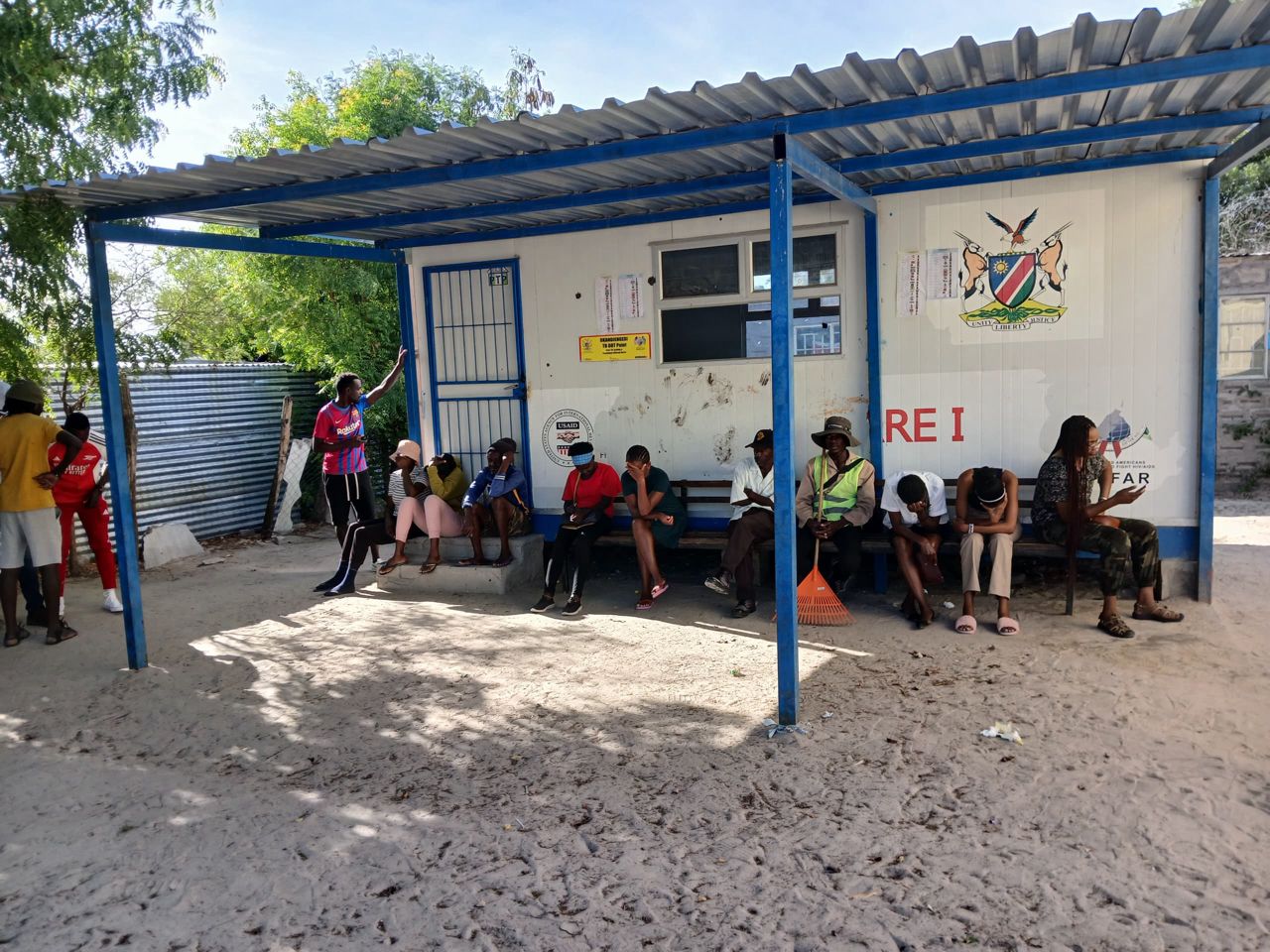Despite numerous concerns expressed over the bill, the government plans to go ahead with the national equitable economic empowerment bill (Neeeb), which is set to reach the Cabinet after June.
The executive director in the Office of the Prime Minister, I-Ben Nashandi, yesterday said the bill is currently with the Ministry of Justice’s legal drafters.
The Neeeb, which seeks to promote the economic empowerment of previously disadvantaged Namibians, has been widely criticised by many for only targeting a particular segment of the population.
“Once the drafting is done, the bill is submitted to the Cabinet for clearance, and then a responsible member of Cabinet is authorised to table it in the National Assembly for consideration,” Nashandi said.
Justice ministry spokesperson Simon Idipo yesterday confirmed that drafting is expected to be finalised by the middle of the year.
“We will be submitting the draft to the Office of the Prime Minister as custodian by June this year,” he said.
One of the most recent criticisms of the bill was expressed in a report commissioned by the government and the World Bank.
The report said the proposed bill of 2016 should be ditched, and that the procurement process should instead be used to address gaps in local content and ownership legislation.
The report further indicates it could involve including certain requirements in bids or making local content part of bid evaluation criteria.
However, such local content requirements would need to be supported by suitable training and education programmes, as there is currently a skills shortage in Namibia’s green hydrogen value chain, the report says.
In addition, it cautions against allowing ministry or state-owned entities to double up in order to gain additional ownership rights.
“There is no need to enact the Neeeb, which, in any case has been in draft form for several years without the apparent need for it to be enacted.
“Such local content requirements would have to be supported by suitable training and education requirements as there is a general skills shortage in the green hydrogen value chain in Namibia, whereas expats often command high wages and require visas and permits to be able to work in Namibia,” the report reads.
Stay informed with The Namibian – your source for credible journalism. Get in-depth reporting and opinions for
only N$85 a month. Invest in journalism, invest in democracy –
Subscribe Now!






